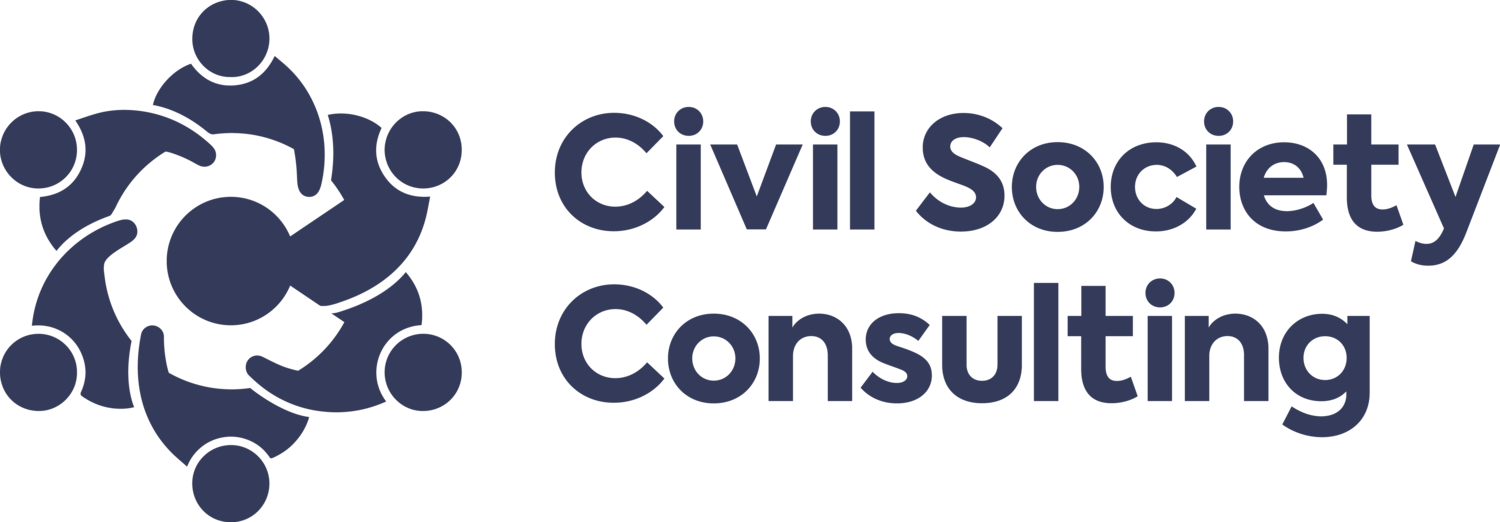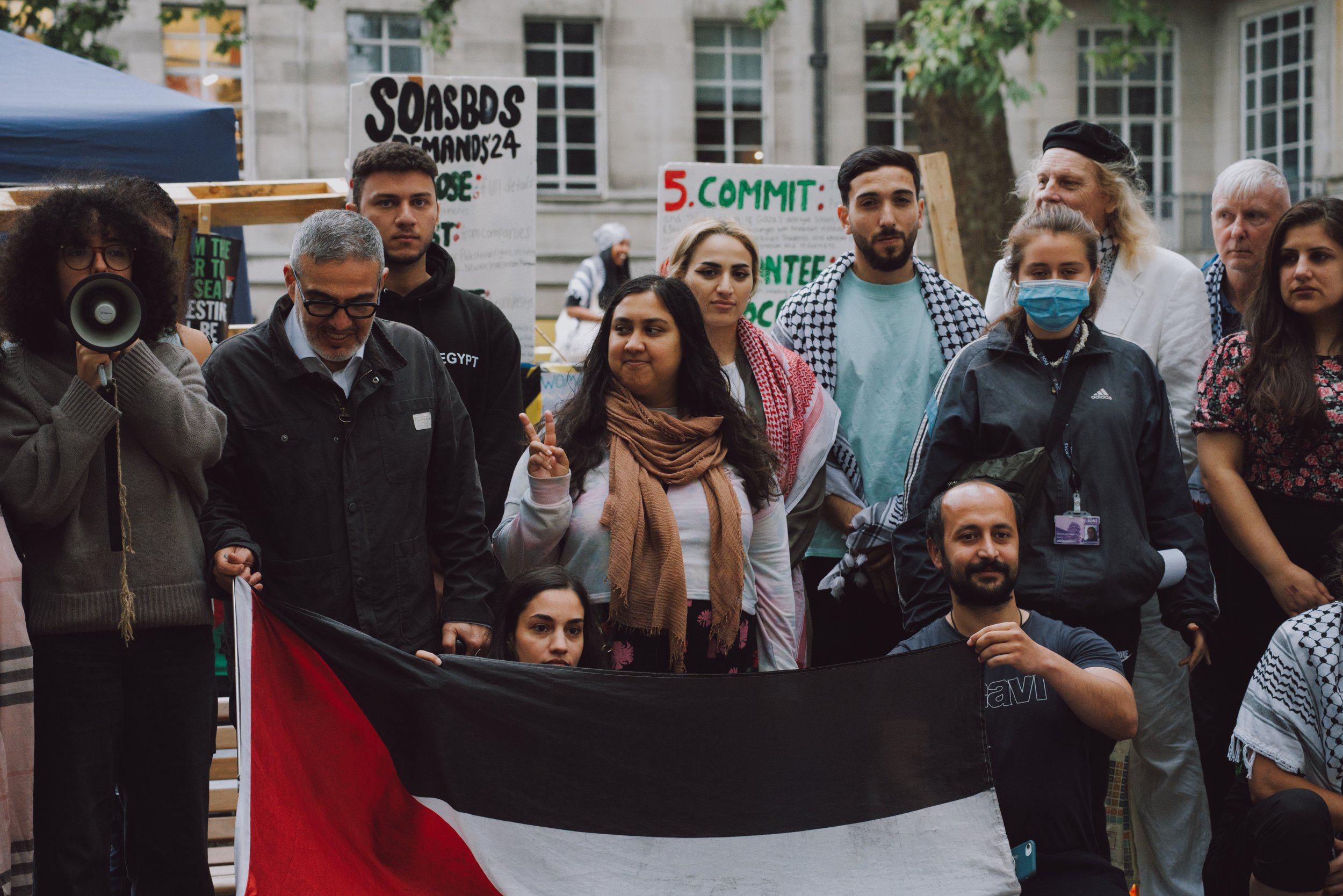OPINION: Building connections paves the way for a healthier democracy
Founder Director, Natasha Ereira-Guyer, speaking on a Festival of Debate panel in Sheffield, alongside an independent councillor and Founder of ANTIPARTY
Imagine a world without elections and the endless distraction of winning votes —where decisions are based on what’s best for society, not political ideology. Is it possible? Can we do Politics without political parties?
Democracy, as we know it, is under fire. Critics argue that it’s failing to deliver effective governance, with its core principles being undermined by far-right populism, corruption, and the overwhelming influence of money in politics. Political parties, once central to our ideas of Western democracy, now seem outdated and disconnected from our needs. The current system’s unequal representation and concentration of economic and political power deepen widespread dissatisfaction, leading many to question whether a new system of democracy might better serve us. Perhaps one that is more deliberative and direct, like our friends at ANTIPARTY advocate for?
Connection and community build trust and cohesion
Trust and cohesion are the bedrock of a healthy democracy. Therefore, whether you believe in a gradual evolution to a new way of doing politics or you’d like to completely reimagine the current system, building connection within and between communities is a pre-requisite. As it stands, widespread loneliness in the UK has led to social fragmentation, and democracy can’t work when we are divided.
Research shows that "loneliness and social isolation increase the risk of premature death by 26% and 29%, respectively". Given how bad it is for our health as individuals, it’s no surprise that widespread disconnection is not good for a healthy society either.
Because of its effect on our mental health, loneliness weakens and disempowers us, affecting how we feel, think and behave. As well as becoming depressed and anxious, we often become distrusting of others, angry and sometimes paranoid. When we’re in this state of mind, we struggle to cooperate and we’re susceptible to divisive narratives. Therefore, widespread loneliness undermines our country’s social cohesion and leads to division and polarisation.
On the other hand, by strengthening our community ties and building bridges across communities, we can foster trust, a sense of belonging and create a shared purpose. The current system of democracy would work better under these conditions - oil in its cogs. More voters would want what’s best for everyone, not just themselves, and we’d likely see higher levels of civic participation.
With stronger connection within and between communities, it would also become easier to completely re-imagine how we do democracy - i.e. develop systems for collective decision-making that truly reflects the people's needs and desires. For example, people’s assemblies would be all the more effective if other citizens had high levels of trust in the outcomes of those discussions.
Therefore, whether you want to improve the current system or believe it needs to be completely transformed, building connection within and between communities is paramount.
32 Steps to Togetherness: A Path to Connection and Community
32 Steps to Togetherness is all about building connections within and between communities. We came up with 32 practical actions that we can all take - as individuals or as community leaders - to do so. The movement intends to stimulate a behavioural and cultural ‘revolution’ at the grassroots in order to build cohesion from the bottom up, by leveraging leaders of ‘by and for’ VCS organisations in marginalised communities and building partnership between different players promoting connection, trust, tolerance and unity in different ways.
Launched in response to increased disconnection worsened by the COVID-19 pandemic, the initiative was born out of the understanding that disconnection within and between communities is at the root of many societal problems - including our weakened democracy. We’re guided by a Lived Experience Advisory Group, ensuring the 32 Steps to Togetherness remains attuned to the needs of the UK’s diverse range of communities.
Everyone is invited to join the movement to create the conditions needed for a healthy and equitable democracy. We can partner with you to deliver events and programmes, support you to incorporate the 32 Steps resource into your work with communities, and being part of the movement.
The greatest threat to democracy is the illusion that we live in one
Emerging from the Partygate scandal, The Antiparty movement challenges the current political system’s effectiveness. Founded by Isabella Roberts, Antiparty seeks to separate politics from democracy, arguing that the traditional but now fragmented two-party system is inadequate for modern decision-making and representation.
Anitparty believe that, “the greatest threat to democracy is the illusion that we live in one.” They argue that we can strengthen our democracy, step by step, by bringing people together and countering the drift toward a divided society. Increasing connection and community is essential to empowering communities and the individuals within them, so we can reclaim control of our political systems and our future.
Support for a new system is growing, alongside the disconnect between public views and party platforms. A survey revealed that most people’s policy preferences align with multiple party manifestos, questioning the representativeness of a single vote.
Reimagining Politics: A Call to Action
As we confront the flaws in our democracy, the need for change is undeniable.
32 Steps to Togetherness offers a practical guide for rebuilding our democracy, one step at a time. By fostering connections within and between communities, we can create the conditions necessary for a more inclusive and effective system of governance.
The Antiparty movement’s recent webinar series on AI and Democracy explores how AI could transform our political landscape. Integrating AI into Citizens' Assemblies, could offer us collective intelligence, fostering more inclusive decision-making, leading to consensus-driven outcomes that embrace diverse perspectives.
Alternatives like Citizens' Assemblies and independent movements provide a vision of a future where governance is more directly influenced by the people. These approaches emphasise collective decision-making, empowering citizens, and ensuring that politics is more inclusive and reflective of diverse viewpoints.
The path to a better democracy starts with us—let's take that first step together.
Take action now!
Explore the 32 Steps to Togetherness approach to build the connections and trust necessary for transforming our political system.
Advocate for a change in our system by joining the Antiparty movement.
Get involved in Citizens' Assemblies, Independent movements or local town hall meetings or public forums.




